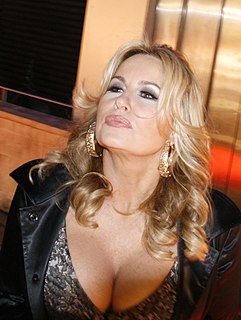A Quote by Christopher Fowler
Related Quotes
Beware of clichés. Not just the clichés that Martin Amis is at war with. There are clichés of response as well as expression. There are clichés of observation and of thought - even of conception. Many novels, even quite a few adequately written ones, are clichés of form which conform to clichés of expectation.
If I ever see another Shakespeare production where somebody drives a Jeep on stage, I'm going to run screaming up the aisle. These tend to be matters of design. I mean, we're seeing a lot of - it's very common to see Shakespeare with automatic weapons, things like that. They are clichés. They're new clichés, but they are clichés. And they're provincial. It's not clever to do Henry V, and have everybody dressed in United Nations soldier's costumes anymore. I've seen that one too. That kind of thing irritates me.
Many years have passed since that night. The wall of the staircase up which I had watched the light of his candle gradually climb was long ago demolished. And in myself, too, many things have perished which I imagined would last for ever, and new ones have arisen, giving birth to new sorrows and new joys which in those days I could not have foreseen, just as now the old are hard to understand.






































